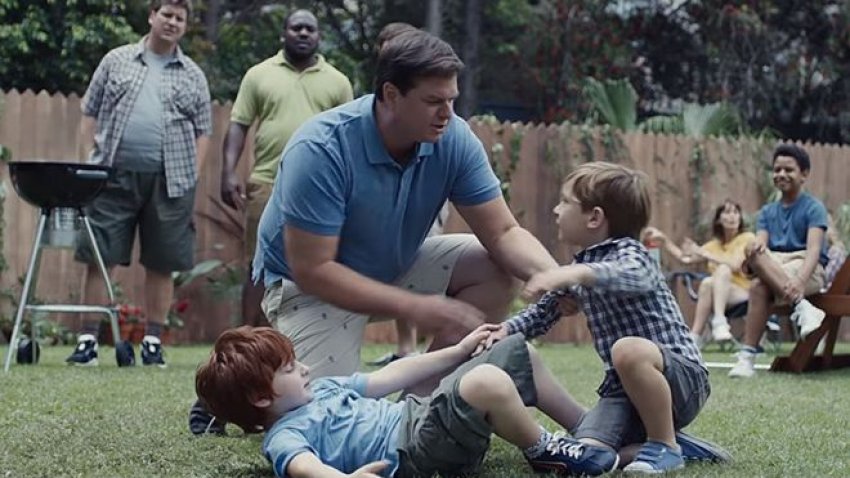
The hysterical backlash from the right against Proctor & Gamble’s latest advertisement for Gillette razors, which urges men to be “The best they can be”, has been nothing short of comical.
But there is a serious side. The hysteria reflects how challenged they are by the global #MeToo movement against sexual violence and, in that respect, their backlash should be music to our ears.
The video advertisement purports to challenge men on “toxic masculinity” and switches the corporation’s 30-year slogan “The best a man can get”. It says that the “boys will be boys” excuse for sexism is no longer acceptable, nor is sexual harassment or paternalism. It also references the #MeToo movement and appeals to “real” men to change their behaviour.
Launched on January 14, the advertisement certainly grabbed media attention. Within a week it had been viewed more than 23 million times on YouTube, and attracted more than 330,000 comments, about 650,000 likes and 1.1 million dislikes.
Some researchers say that this is the most controversial advertising campaign challenging stereotypes about girls and women they have ever seen. But following on from the corporate success of “green washing” and “pink washing”, it’s not surprising that “purple washing” (“femvertising” is the marketing word) or pro-female messages is the new fad, especially for those trying to appeal to the Millennial market.
While an advertisement won’t change the world, it would be wrong to dismiss the Gillette ad as yet another marketing ploy. The backlash it has provoked from conservatives, including Murdoch media columnists Miranda Devine and Piers Morgan, tells us that there is something more going on.
Devine has railed against the ad at every opportunity because, according to her, its “premise is that masculinity is toxic”.
Devine claims that the ad makes out that all men and boys are “intrinsically bad and brutish creatures and they need a lecture from the scolds at Gillette to make them behave properly”. She said it “demonised” men and would be damaging to boys growing up: “It's setting them up for failure and sadness.”
That fact that Devine feels she has to defend stereotypical notions of “masculinity” – including the idea that it can embrace being sexist or violent – is quite extraordinary in this day and age, even for conservatives. It underscores the significance of the global #MeToo movement, which is not only highlighting violence against women but also encouraging men to become active in the movement.
The fact that a 106 second corporate ad on toxic masculinity can send the sexist dinosaurs into paroxysms means that a widespread critique of sexism is prevalent in society — Devine’s worst nightmare.
Corporate giants are renowned for promoting gender stereotypes, another form of sexist advertising practice. That is why Gillette’s latest take on the topic has been so widely discussed.
However, the challenge today for all those wanting to redefine masculinity is to realise that manifestations of sexism in culture cannot be separated from the broader attacks on our social, economic and political rights. Until women win equal rights in the workforce, as well as in educational and other institutions, and until the state relieves us of the burden of domestic responsibilities, real social and economic inequality between men and women will continue.
A new Oxfam report on growing inequality underscores this fact: globally, men earn 23% more than women and own 50% more wealth. The unpaid work done by women each year is estimated to be worth $10 trillion, 43 times the annual turnover of Apple.
These structural inequalities lay the basis for sexism and toxic masculinity, and no amount of controversial ads will change that.
Happily, Devine and her cohort have isolated themselves on this topic.
The challenge for feminists is to link up with Millennials who reject sexism, but who have not as yet joined in the struggles.